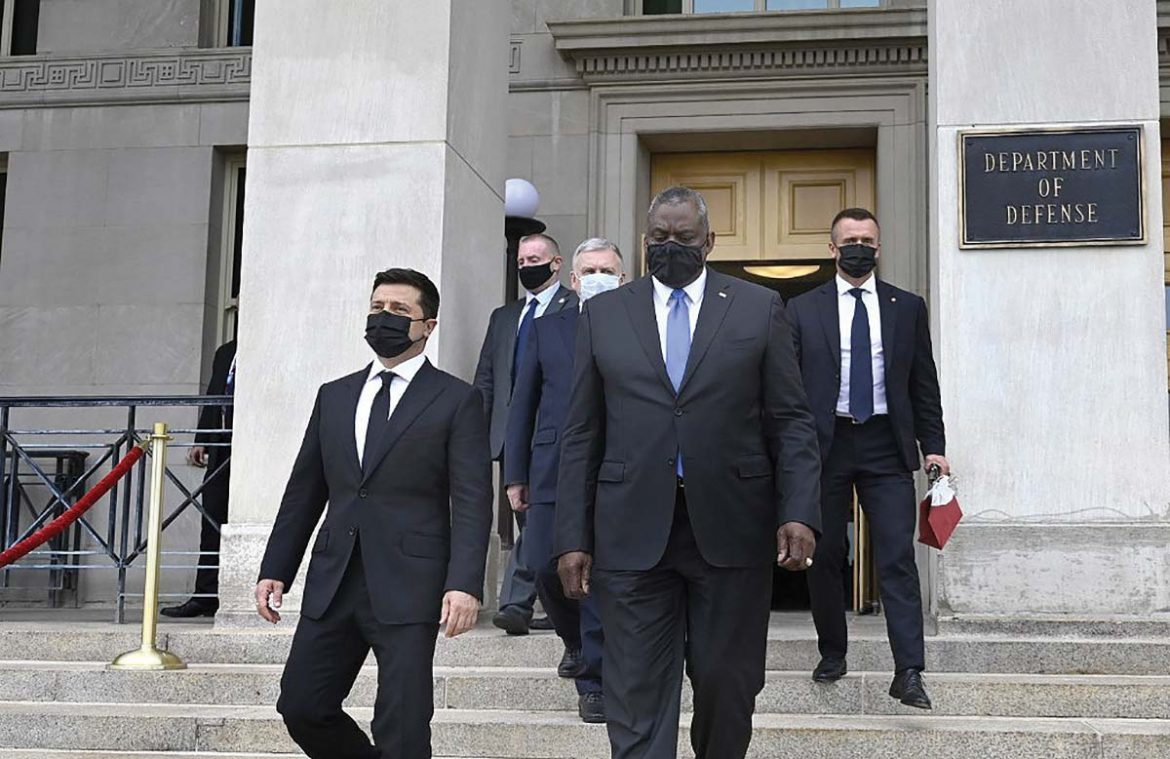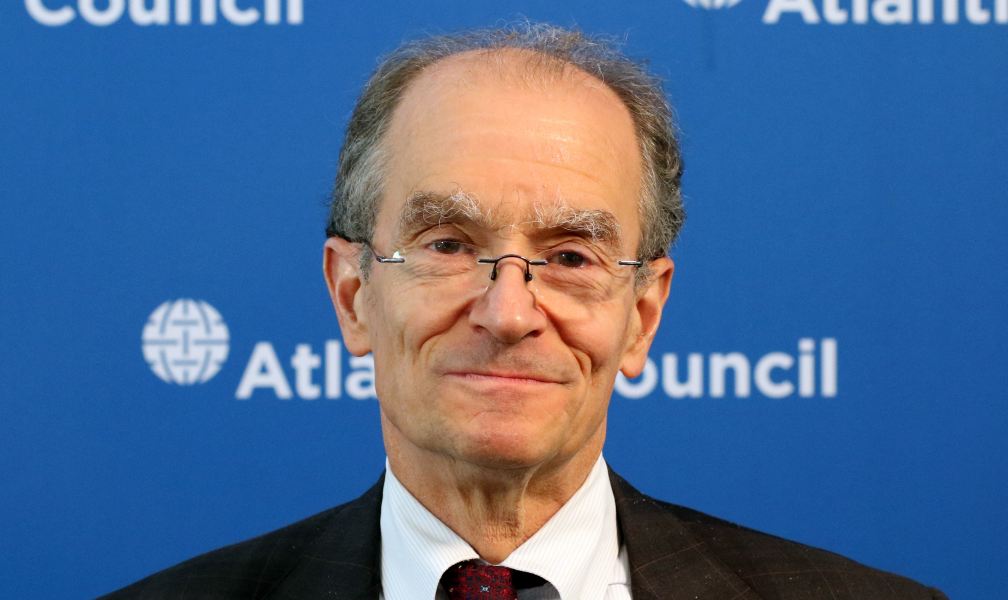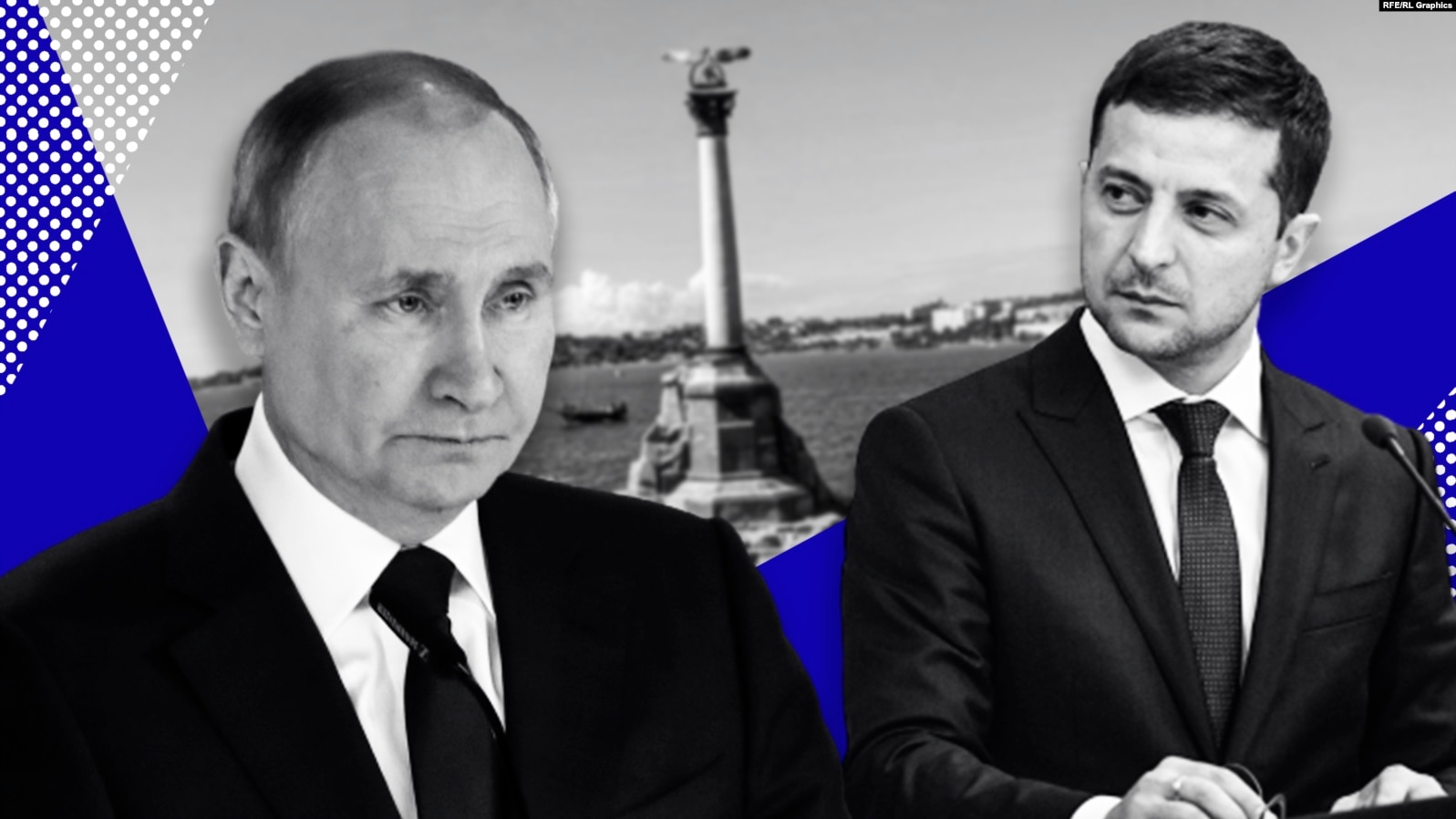Zelenskyy’s Washington visit has nevertheless prompted both governments to refocus on their long-declared but an under-fulfilled strategic partnership. Major statements of intent at the inter-governmental and private-sector levels during this visit, coupled with bipartisan Congressional support, have given the strategic partnership the chance of a fresh start.
Initiated during the presidencies of George W. Bush
and Viktor Yushchenko (December 2008), and resuscitated under the presidencies of Donald Trump and Petro Poroshenko (November 2018), the US-Ukraine strategic partnership has yet to be operationalized and reach its fruition. It has been hobbled by political and policy vagaries in Ukraine over the years and in the US recently. On the Ukrainian side, Zelenskyy started out by repudiating Poroshenko’s foreign policy legacy wholesale, reached out to the Kremlin, found himself confronted with Russian terms of national surrender, and rediscovered the necessity of Ukraine’s strategic partnership with the United States.
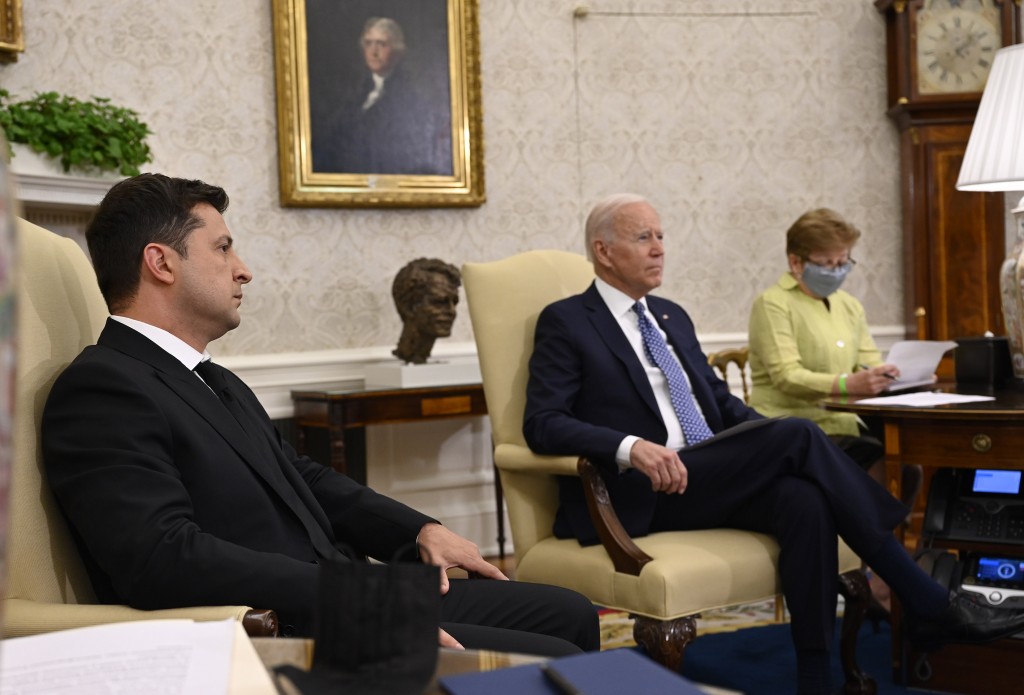
By that time, however, a deeply distracted Washington had fallen out of sync with Kyiv. Early in its term of office, the Biden White House withdrew the well-established US support for a North Atlantic Treaty Organization Membership Action Plan (NATO MAP) to Ukraine, without adequate explanation (see EDM, June 1, 17
). Instead of applying Congressionally-mandated sanctions to stop the Russo-German Nord Stream Two natural gas pipeline project, the White House has cleared the way for it, notwithstanding the economic damage and security risks ensuing from it to Ukraine, and over Ukraine’s head (see EDM, May 27, July 21). And, thus far, the White House shows no urgency to fill the vacancy of the US Special Representative for Ukraine Negotiations (on the Russia-Ukraine conflict) or even that of the US ambassador to Ukraine (both posts vacant since 2019).
Zelenskyy had ardently sought this visit to Washington, notwithstanding the White House’s procrastination. President Biden had only found time for two phone calls with the president of this strategic partner country from January to date. Zelenskyy’s immediate objectives for this visit were: establishing personal rapport with his US counterpart; making the case for White House reconsideration of its Nord Stream Two and NATO MAP decisions; bringing the United States into negotiations over Russia’s war in Ukraine’s east, on a basis other than the Russian-imposed Minsk “agreements”; and obtaining some additional US defense assistance funding. These immediate objectives remain unfulfilled or under-fulfilled. Instead, the inter-governmental statements of intent have opened a medium-term prospect to resuscitate and broaden the bilateral strategic partnership in many other areas.
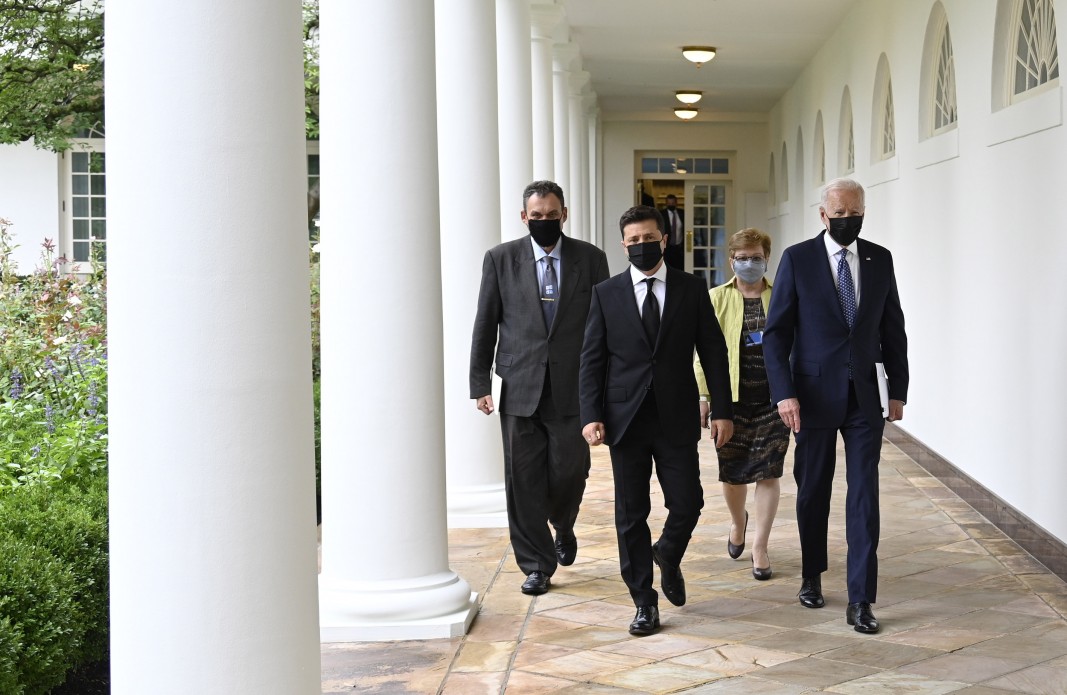
On Nord Stream Two, Zelenskyy reminded US officials in Washington that this project contravenes the Biden administration’s own declared anti-corruption goals, its environmental goals, and its energy security goals regarding Europe. He called for launching trilateral US-Ukraine-German consultations and for safeguards, such as sanctions, to be put in place against Russian political misuse of gas supply and transit. For the public back home, he claimed a “great victory” in that the US and Biden himself “guaranteed” imposing sanctions in the event of Russian misbehavior with Nord Stream Two (Ukrinform, August 31, September 1; One plus One TV, September 2). No confirmation exists of such intent from the US side, however; it sounds, rather, like yet another misunderstanding of US messages, including the term “guarantees,” by Ukraine’s Presidential Office (see EDM, May 6, 10). By comparison, the 2018 US-Ukraine Strategic Partnership Commission’s joint statement, reflecting the Trump administration’s and Ukraine’s shared priorities, had „emphasized their opposition to energy projects that threaten European energy security [and] the importance of coordination to stop proposed Russian pipelines that would hurt Ukraine’s economic and strategic stability, such as Nord Stream Two and the second line of Turkish Stream” (State.gov, Kmu.gov.ua, November 17, 2018).
Zelenskyy had been advised unofficially from Washington ahead of the visit to refrain from raising the issue of a NATO MAP for Ukraine. But he did raise it with Biden and told Ukrainian media afterward that he spent much time making the case for a NATO-Ukraine MAP. “I feel, and I heard this from Biden, that he personally supports Ukraine’s membership in NATO, but I find it hard to say what the path will be” (Ukrinform, September 2). As Ukraiynska Pravda
(September 2) editorialized, “It is paradoxical, but under Trump, who was accused of cozying up to [Russian President Vladimir] Putin, Washington was sending significantly more signals of support than it does now.”
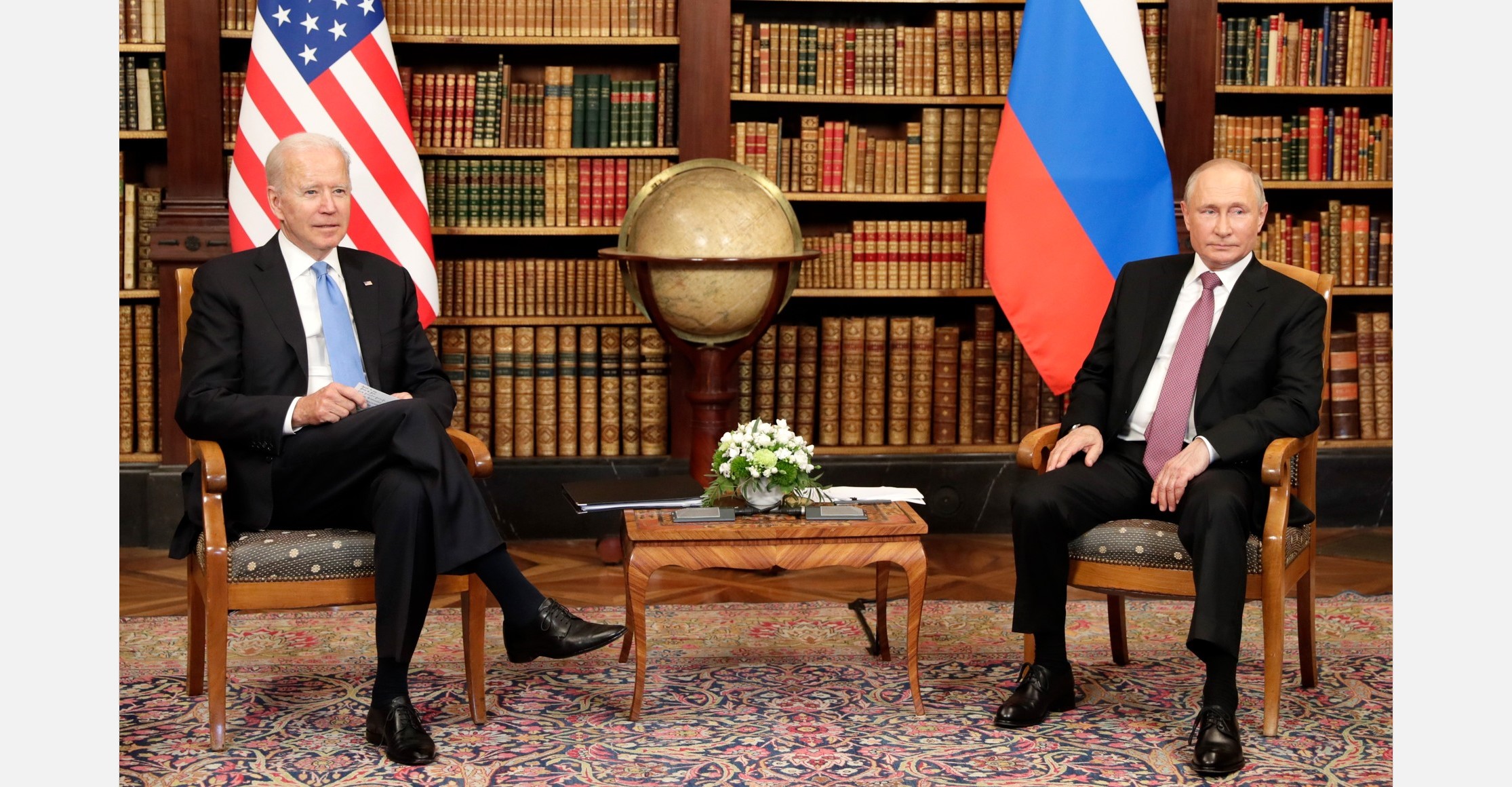
On the other hand, US officials and the joint documents produced by this visit characterized Russia unambiguously as the “aggressor” against Ukraine and the “occupant” of Ukrainian territories in Crimea and eastern Donbas (Ua.usembassy.gov, September 1). Furthermore, the US demonstratively (and perhaps unprecedentedly) omitted any reference to the Minsk “agreements,” deferring thereby to the Ukrainian view that those documents were dictated by Russia under military duress and cannot form a basis for the political settlement of this war.
This is Part 1 of the analysis. To read Part 2, please click here.
Further reading:
- No NATO plan for Ukraine. What Zelenskyy and Biden promised
- Ukraine and USA sign joint statement on strategic partnership
- Four setbacks to Western credibility in Ukraine (Part 1)
- Four setbacks to Western credibility in Ukraine (Part 2)
- Blinken's debut in Ukraine: A case for managing expectations
- US-Germany Nord Stream 2 agreement — a victory for Russia
- Biden-Putin summit sparks political confrontations inside Ukraine
- All you wanted to know about the Trump-Zelenskyy scandal

